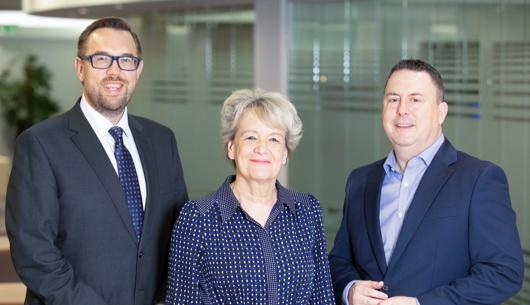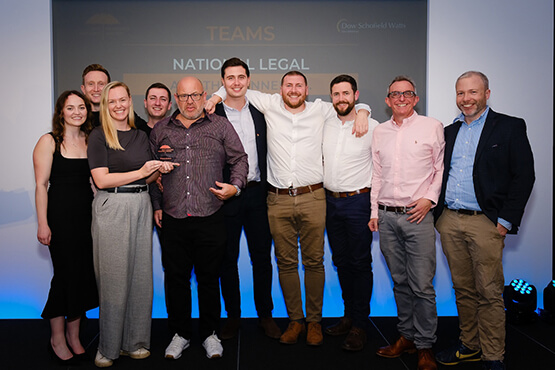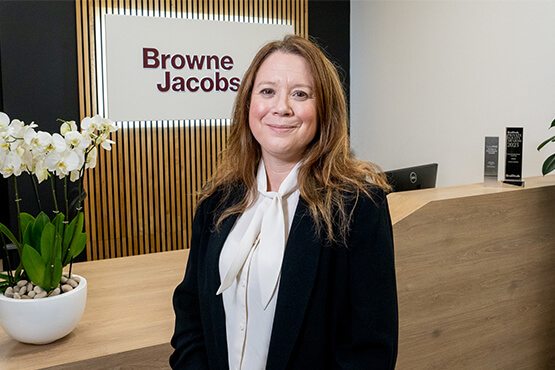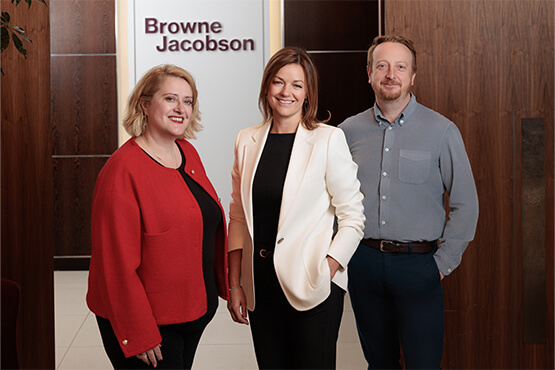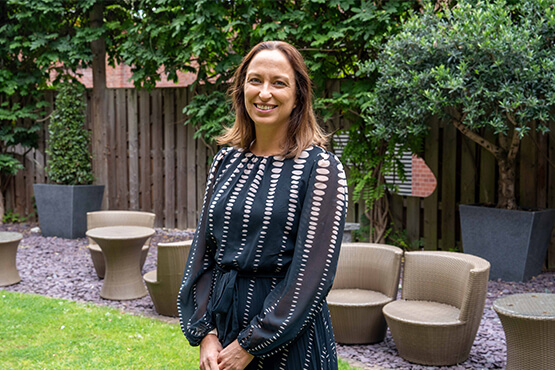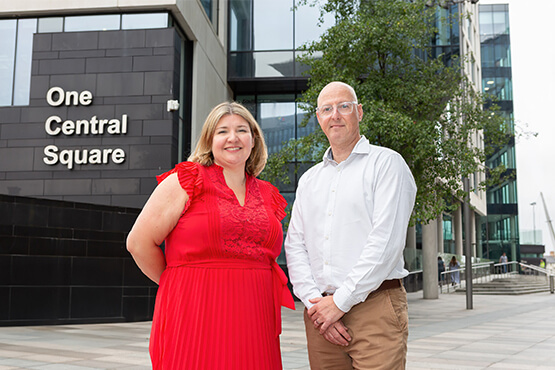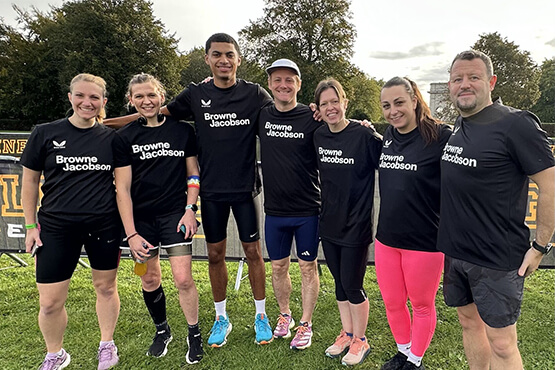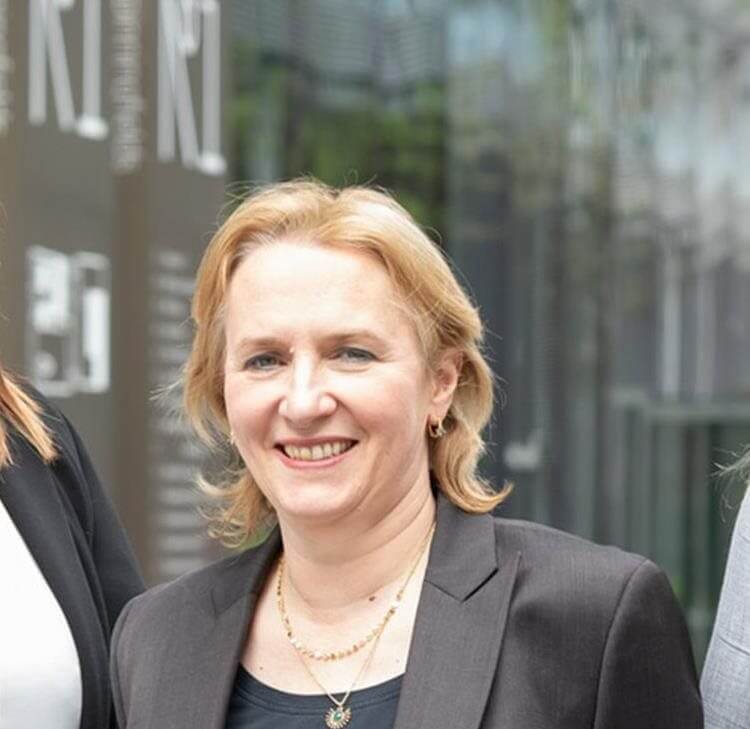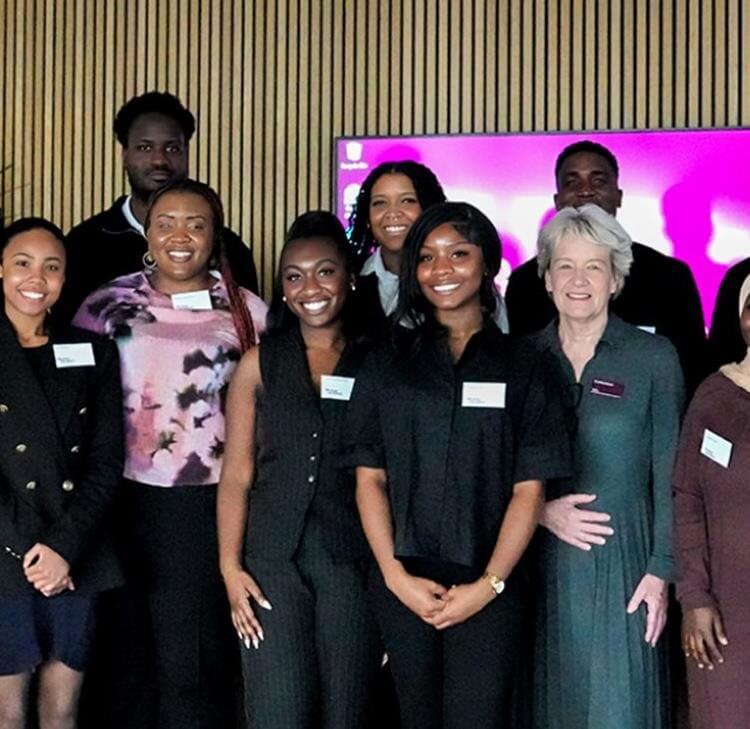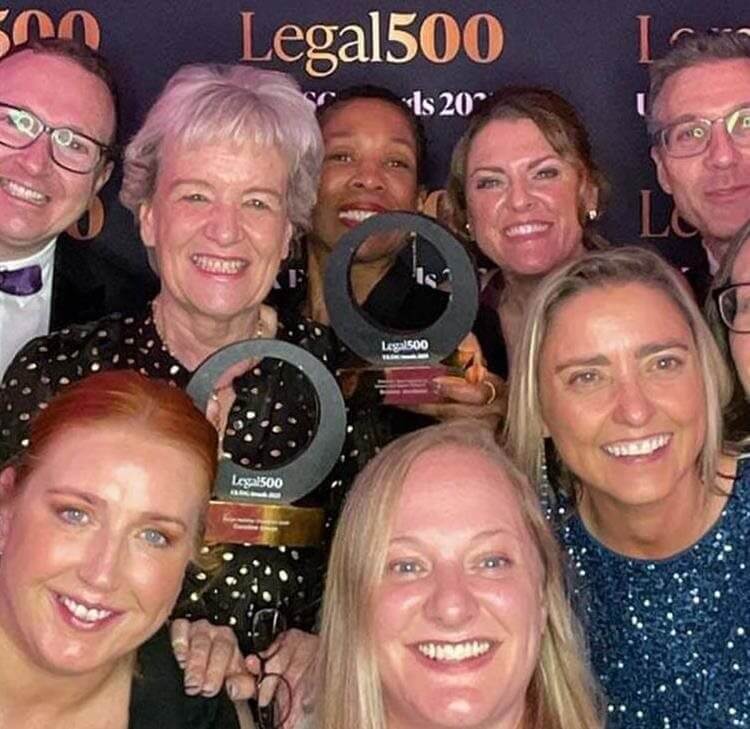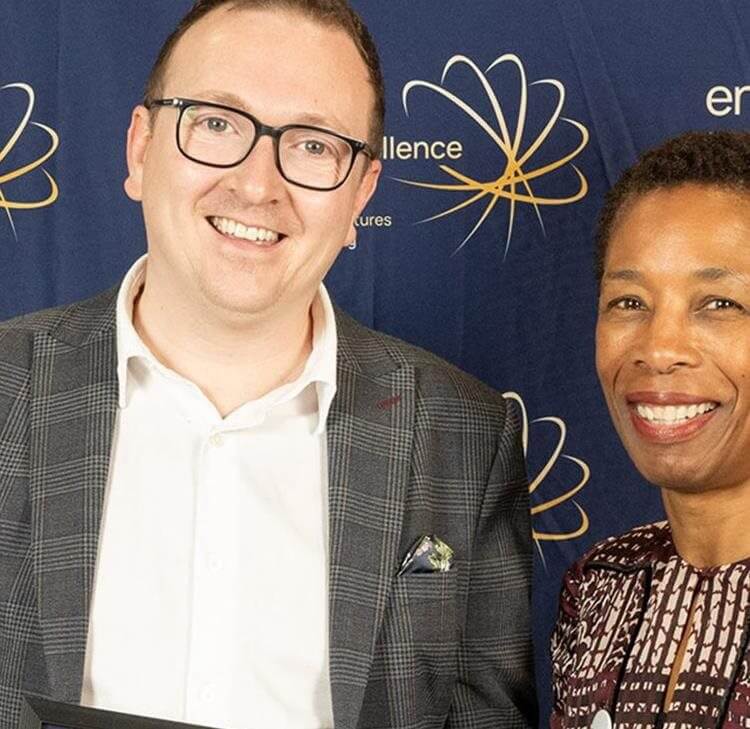For our Trainee Solicitor Pathway (previously called a training contract) and Summer Vacation Scheme assessment centres, we’ll ask you to complete the following exercises:
Case study exercise
This exercise is usually done in exam-style conditions and is always an individual exercise. A case study exercise typically involves approximately:
- 40 minutes of reading, preparation, and written response time.
- 20 minutes of questioning time.
We’ll provide you with an information pack and you’ll need to review the information contained within the pack to complete the task. The following is a real-life example of the type of case study exercise task you can expect in one of our assessment centres:
Example candidate brief
Background
EDISONS, an international real estate investment trust, has grown rapidly to become one of the leading players in its field. EDISONS is largely focused on the management and development of shopping centres and currently owns four different shopping centre brands, which aim to cater for different segments of the retail market. This growth has come as a result of EDISONS buying existing shopping centre chains, as well as growing organically through the launch of new boutique retail parks.
In light of its 2020 Annual Report, EDISONS is once again looking to grow and is aiming to do this by purchasing existing real estate. EDISONS’ Managing Directors recently approached you, as a consultant in this area, as they have heard about other real estate investment trusts taking this approach with mixed results, and so they would like your advice on whether to move forward.
Your task is to review the information about EDISONS themselves, how purchasing existing real estate could work, and the success of other competitors.
The task
You need to consider:
- EDISONS main concerns.
- What impact purchasing existing real estate could have for EDISONS.
In doing so, you will need to share your written advice before answering some follow up questions.
What are we looking for?
You’ll need to provide an excellent analysis of the information provided, presenting your final decision to the assessor in the form of a clear, structured, and well-thought through written response, as well as answering some follow up questions. Show the assessor how and why you reached your recommendation, the information you drew upon, and how you would approach the conversation with the client.
Top tips
- Find the right balance between presenting enough information - not too little or too much.
- Case study exercises are designed for you to make a decision and show conviction.
- Make sure you’ve thought about a ‘plan B’ option.
In-tray exercise
This exercise is usually done in exam-style conditions and is always an individual exercise. The in-tray exercise represents an accurate picture of the type of work that you would undertake while working for us. Timings of these exercises can vary, but typically you will have approximately 60 minutes to complete the task.
What are we looking for?
- You’ll be assessed on your ability to balance and prioritise multiple tasks at once, as well as being able to identify problems and provide suitable solutions.
- The assessor will be looking to see that you’re acting in the very best interest of the firm and your clients.
- Your written communication skills will also be assessed.
The following is a real-life example of an in-tray exercise task that you can expect in one of our assessment centres:
Example candidate brief
Introduction
TechGlobe Solutions is an innovative and dynamic technology company at the forefront of the industry. Established with a vision for pushing the boundaries of technological advancements, the company specialises in developing cutting-edge software solutions. TechGlobe Solutions are a client of Browne Jacobson and you have been supporting a Senior Associate working closely with them.
The task
The Senior Associate has sent you an email requesting your support. They have scheduled a call tomorrow with TechGlobe Solutions, who are looking to explore opportunities for purchasing new technology and have reached out for legal advice. Due to prior commitments, the Senior Associate won’t be able to join the call and so they would like you to review the email from TechGlobe Solutions and complete the following task for their attention later:
- Detail their main questions as bullet points.
- Suggest any further information the Senior Associate may require about TechGlobe Solutions’ future plans.
The written output which you create needs to provide the Senior Associate with all the information they need as well as being clear and comprehensive.
Interview
The Interview will typically involve the following three sections and will last approximately 60 minutes:
- Motivations for applying for a role with us.
- Scenario-based questions – you will be presented with a scenario which would be typical of a scenario you may find yourself in once in role. You will be asked what you would do regarding the scenario presented to you and there will be a series of follow up questions to answer. You don’t need any technical knowledge to be able to answer these questions, we are looking to understand what your approach would be.
- Learning and development questions – the continued growth of our people is a top priority for us and so we will be keen to understand your approach to learning and development.
Interviews are designed for us to get to know more about you in relation to the key skills and behaviours required for the role.
Example scenario-based question
You have been asked to attend an upcoming meeting with a client that you have not met before. Despite the presence of some of your colleagues, this meeting presents a chance to establish a connection with the client. How would you approach this situation?
Follow up questions:
- What steps would you take to prepare for the meeting?
- What strategies would you use to build relationships?
- What would be a successful outcome after this meeting?
Top tips
- Ensure you are clear on why you have applied for a role with us.
- Answer the questions as honestly as possible.
- For the scenario-based questions, we will provide you with the situation and the task, so you should try and focus your response on the actions you would take and results you would hope to achieve.




